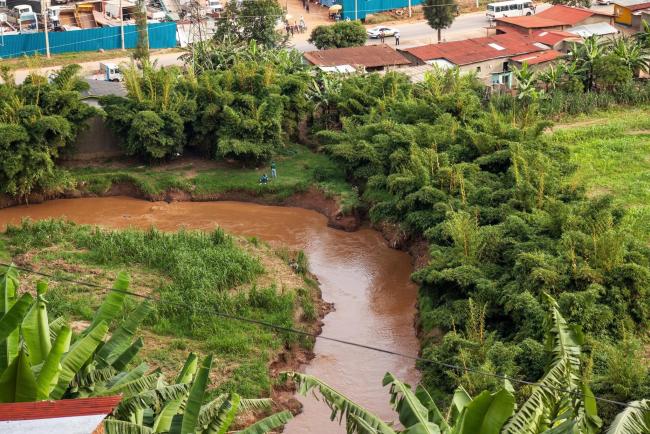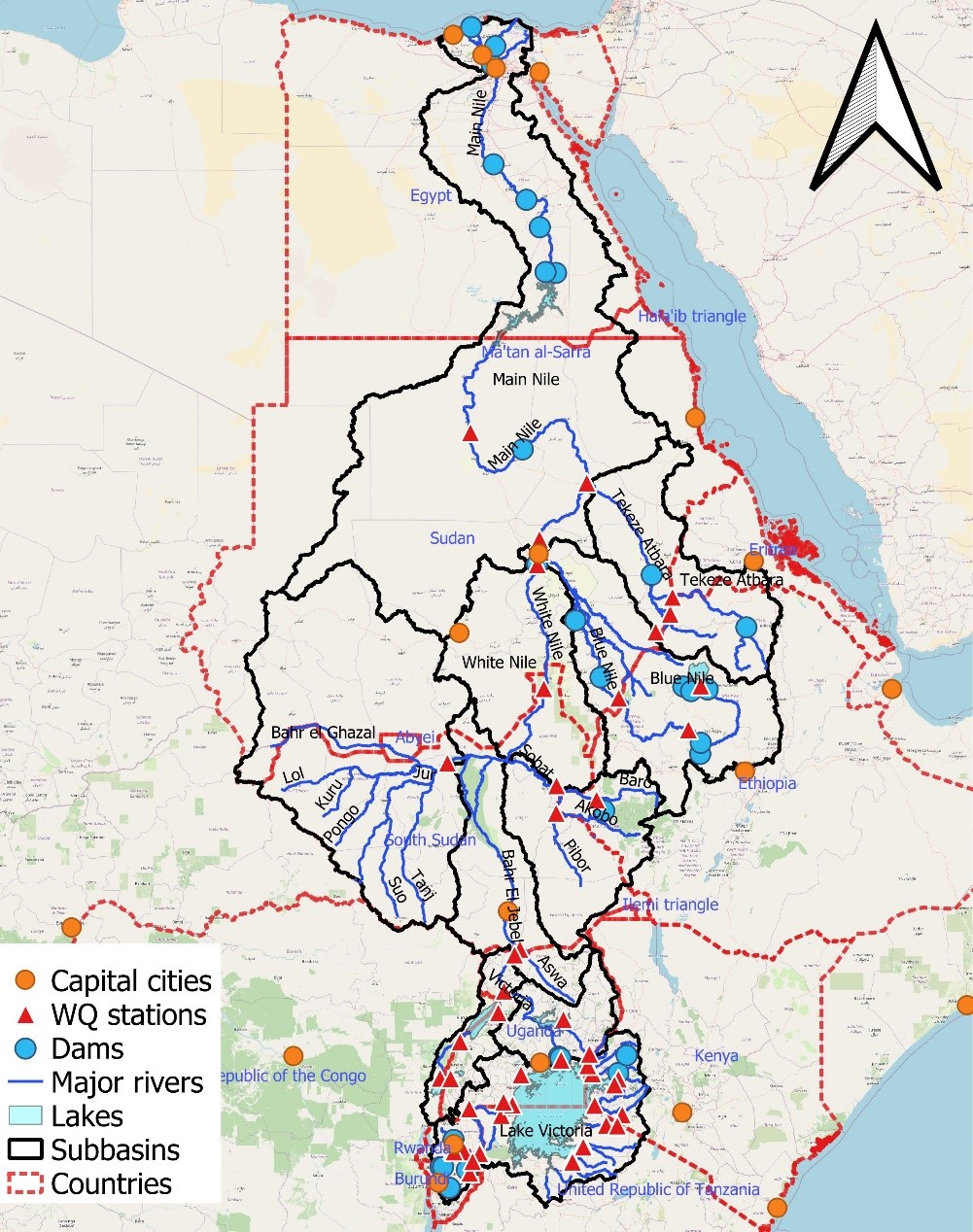
Water is the lifeline of nearly every aspect of life. Keeping that water in a useable state, therefore, greatly increases its availability and the sustenance of the life that depends on it. In fact, water quality is one of the most important factors in a healthy ecosystem because clean water supports a diversity of plants and wildlife. Therefore, it is important to evaluate the activities carried out on land because these have spillover effects on the quality of the water in the Nile Basin.
The Nile Basin Initiative (NBI), in collaboration with the Nile Basin Discourse (NBD) and the Lake Victoria Basin Commission (LVBC) is implementing the Nile Cooperation for Climate Resilience (NCCR) project, which supports the improvement of national water quality monitoring networks and regional water quality information systems in the Nile Basin. The NCCR project is funded by the World Bank through the Cooperation in International Waters in Africa (CIWA) Trust Fund for the period 2021-2025.
Through this project, NBI will support the Member States with various functions including:
- Provision of water quality field kits/sensors and laboratory equipment to the selected laboratories,
- Development of a water quality database and associated user interface in the Integrated Knowledge Portal (IKP)
- Building capacity of national and regional experts on installation and operation of water quality monitoring networks, water quality analysis and modelling and
- Improvement of communication and awareness in water quality management.
Goal 4 of the NBI Strategy 2017-2027 aims at protecting, restoring, and promoting sustainable use of water related ecosystems across the basin and one of the specific objectives of NBI Basin Wide Programme (BWP 2017-2022) on strengthening and application of the evidence basis and policy instruments for protection, restoration and sustainable utilisation of wetland, rivers and lake ecosystems. Thus, NCCR project was proposed to support the implementation of the above goals. See NBI strategy 2017-2027:

